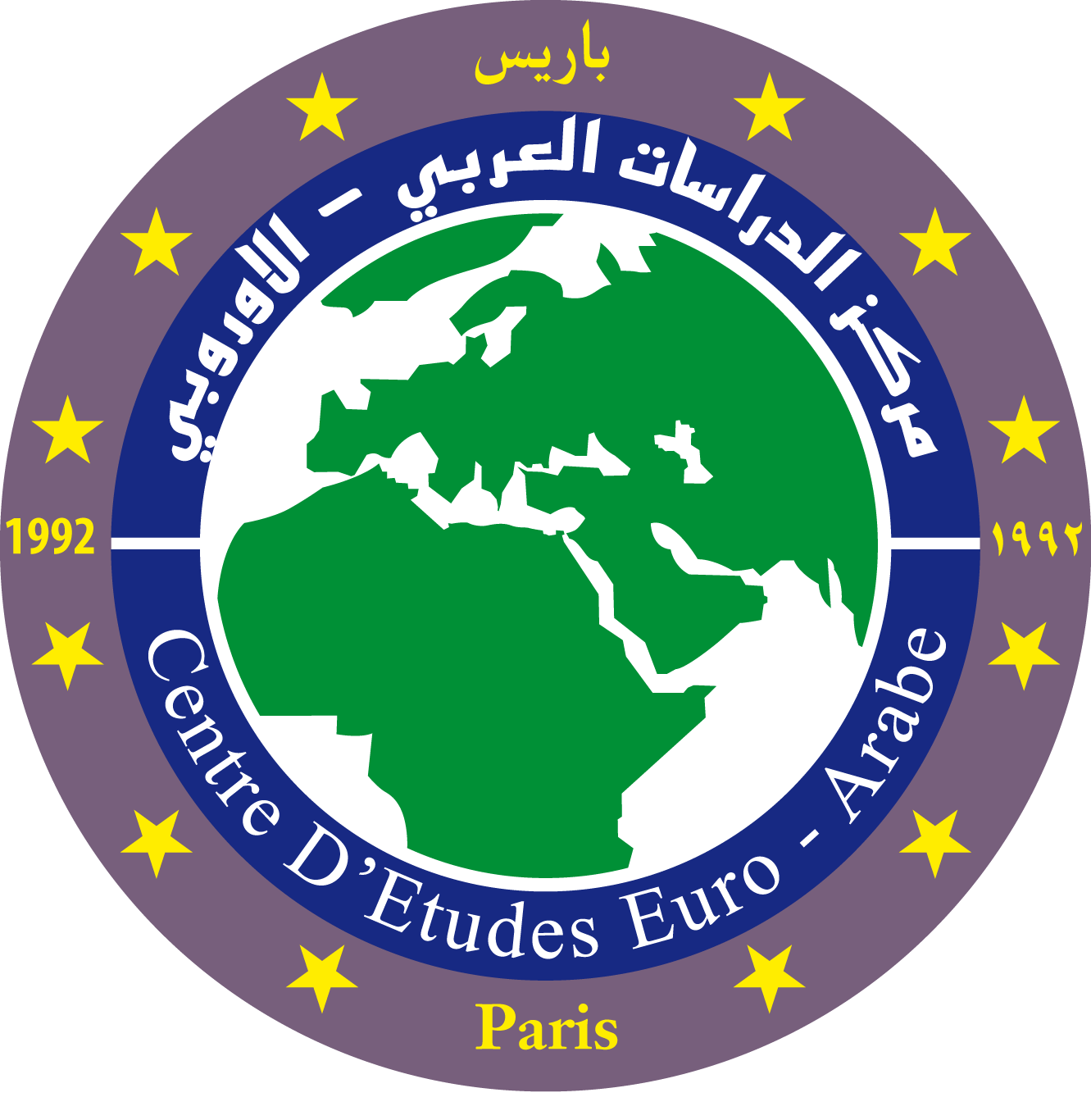Safeguard Victims’ Access to Justice
Cairo, 22 January 2025
The Arab Center for the Independence of the Judiciary and the Legal Profession, in collaboration with the Arab Coalition for the International Criminal Court and over 120 non-governmental organizations and international coalitions, have signed a statement issued by the International Coalition for the International Criminal Court, expressing their rejection of US sanctions imposed on the International Criminal Court.
( 14 January 2025
Author:
Coalition for the ICC
The Coalition for the International Criminal Court and more than 120 of its member non-governmental organizations and coalitions from around the globe strongly oppose efforts by the United States of America (US) to impose sanctions related to the International Criminal Court (ICC) and urge ICC member states to defend the ICC, its officials, and those cooperating with it from measures aimed at undermining the court’s vital mandate for justice.
The ICC is an independent judicial institution tasked with delivering justice to victims of serious international crimes when they have nowhere else to turn. It is a critical court of last resort supported by 125 member countries and operating in more than 16 countries across the globe.
US sanctions could severely affect the ability of the ICC to fulfil its crucial mandate in all situations where it operates. Financial institutions and other operators may pre-emptively refuse to deal with transactions involving the ICC, effectively crippling the court’s ability to do its job. These sanctions would likely impact victims, legal representatives and civil society organizations, who could face consequences for their support of justice before the ICC, ending essential work for victims’ access to redress for the worst crimes.
Sanctions against the ICC will impede victims’ access to credible and independent justice and are an affront to victims and survivors globally. Sanctions will see the US engaging in the same kind of obstruction carried out by the Russian Federation in retaliation for the court’s arrest warrant against Russian President Vladimir Putin. This included arrest warrants against the ICC prosecutor and judges, as well as a law criminalizing cooperation with the court. Sanctions are a tool to be used against those responsible for the most serious international crimes, not against those seeking justice.
Our organization call on the United States to cease any effort, including through sanctions, to derail the ICC’s independent judicial processes, and commit to supporting access to justice for all victims and survivors of serious international crimes, including before the ICC.
ICC member countries, ICC and Assembly of States Parties (ASP) officials, regional organizations, UN experts, and civil society have come together to defend the court against politicised interference and obstruction. But more needs to be done to protect the court and ensure that it can continue its work undeterred.
Our organization call on the ICC’s 125 member states in every region of the world to:
- Publicly condemn the use of sanctions to undermine the ICC and express strong, unconditional commitment to the ICC and its critical global mandate.
- Call on the United States to cease any efforts to undermine the court’s independence and essential work, while encouraging the United States to join the ICC and fully support victims’ access to justice.
- Cooperate fully with the ICC to consistently support the court’s work across all situations where the court acts and call on all other relevant actors to do the same. This should include the execution of all the court’s decisions and requests, in particular pending arrest warrants, as well as harmonizing domestic legislations with the Rome Statute, ratifying and implementing the Agreement on the Privileges and Immunities of the International Criminal Court (APIC), and signing all relevant cooperation agreements with the ICC (for example, on the protection of witnesses and victims; the release of persons, including interim release; and the enforcement of sentences);
- Adopt and/or implement national and regional blocking statutes, such as the European Union (EU) blocking statute, that aims to shield European operators from the effects of extraterritorial sanctions. Blocking statutes and similar instruments can provide the Court and its partners with essential protection and send a powerful message that ICC member countries will not tolerate efforts to undermine the Court.
- Adopt any other protective measures at the domestic, regional or international level, and engage with domestic and regional service providers to ensure that they will continue working with the Court.
- Adopt and implement measures and national frameworks to protect those cooperating with and supporting the court, including civil society organizations and human rights defenders. )
Signatory
The Coalition for the International Criminal Court (CICC).
Nasser Amin
Director General
The Arab Center for Independence of the Judiciary and Legal Profession (ACIJLP)
8/10 Mathaf El-Manial St., Manial El-roda, 11451 Cairo, Egypt.
Mobile : (2) 01223112420

